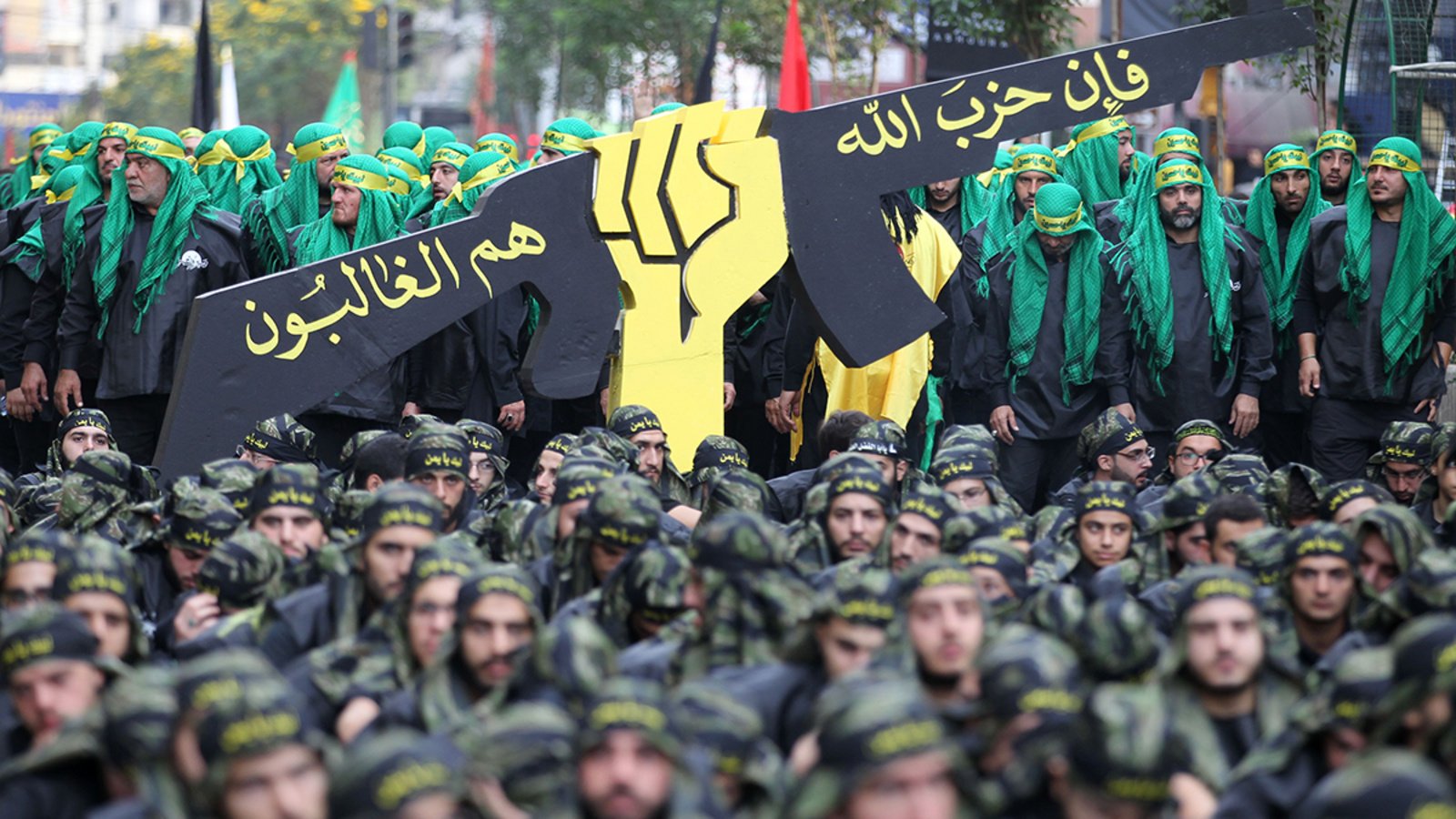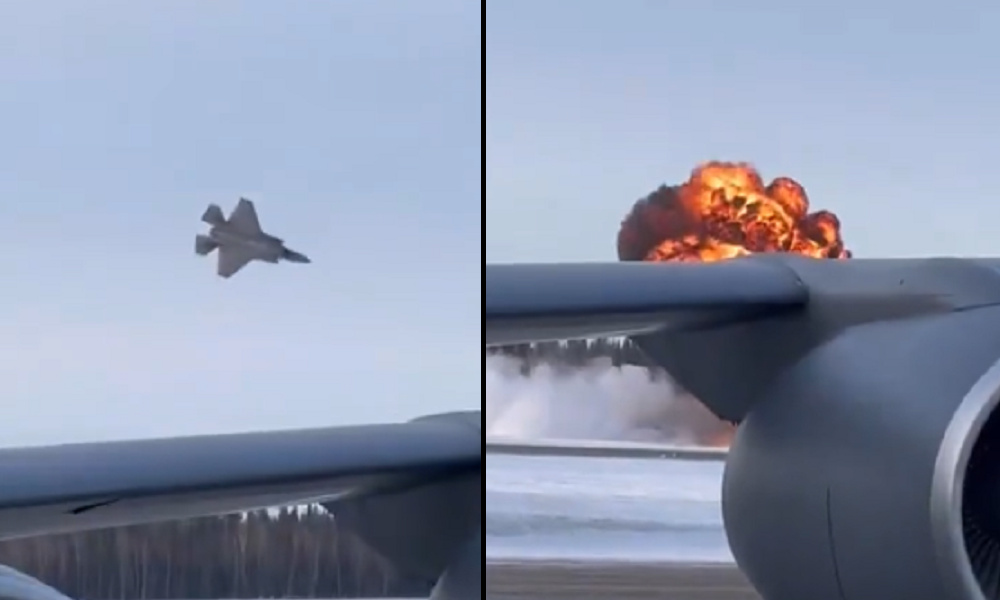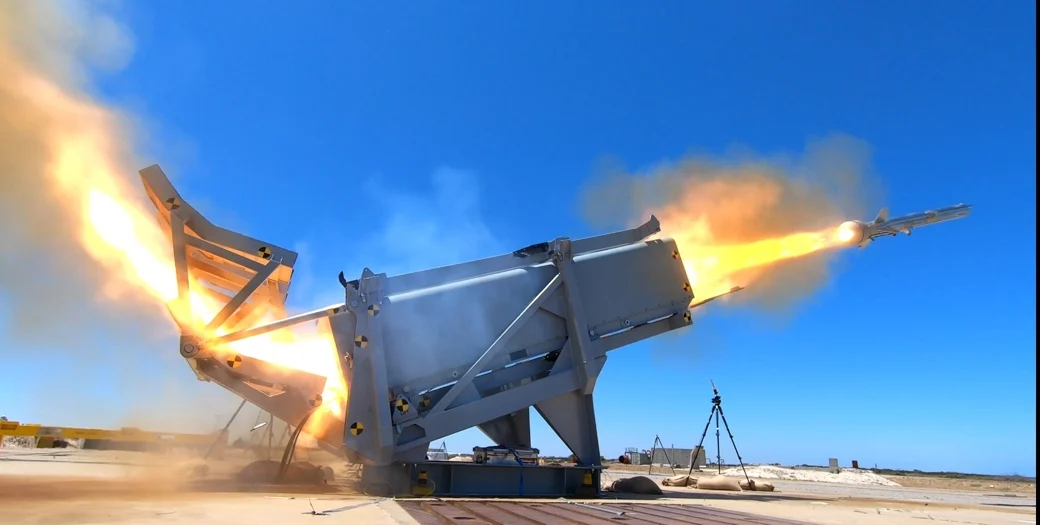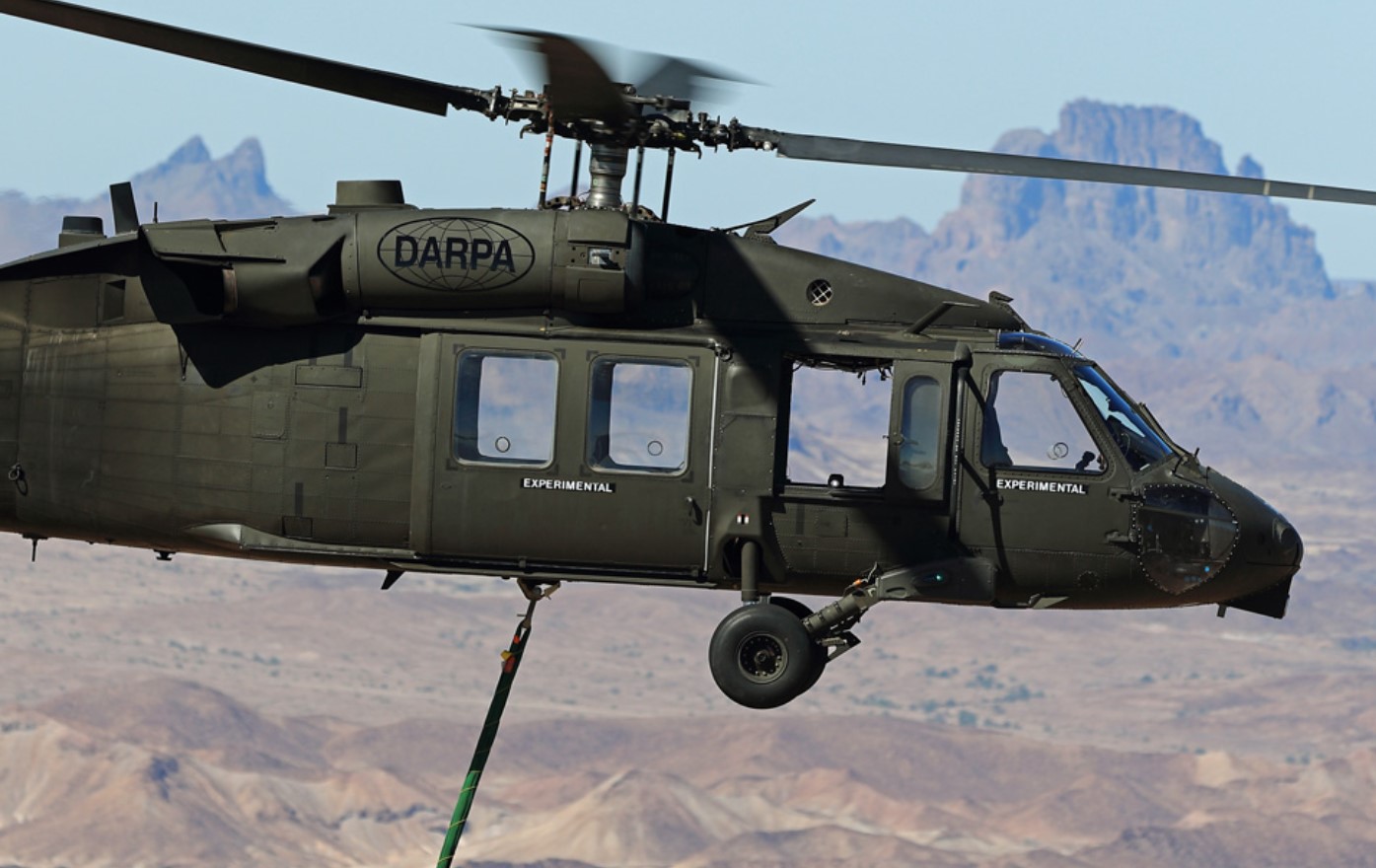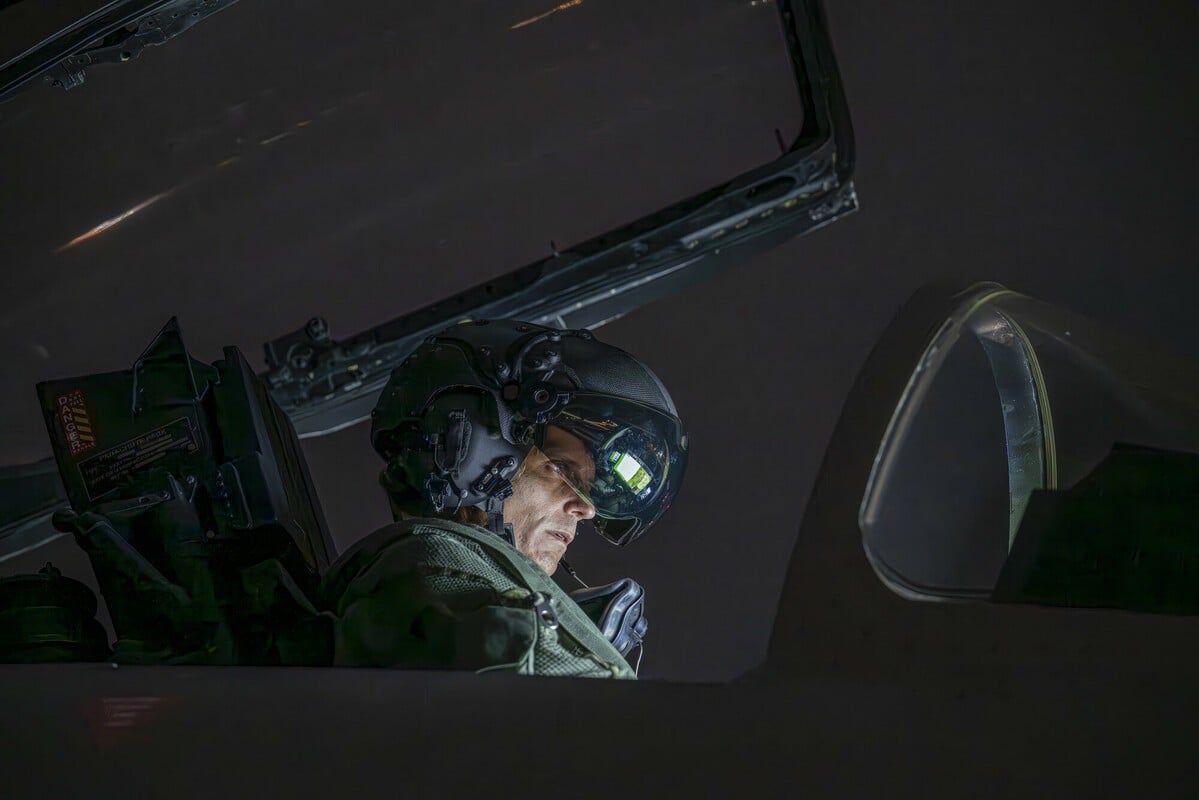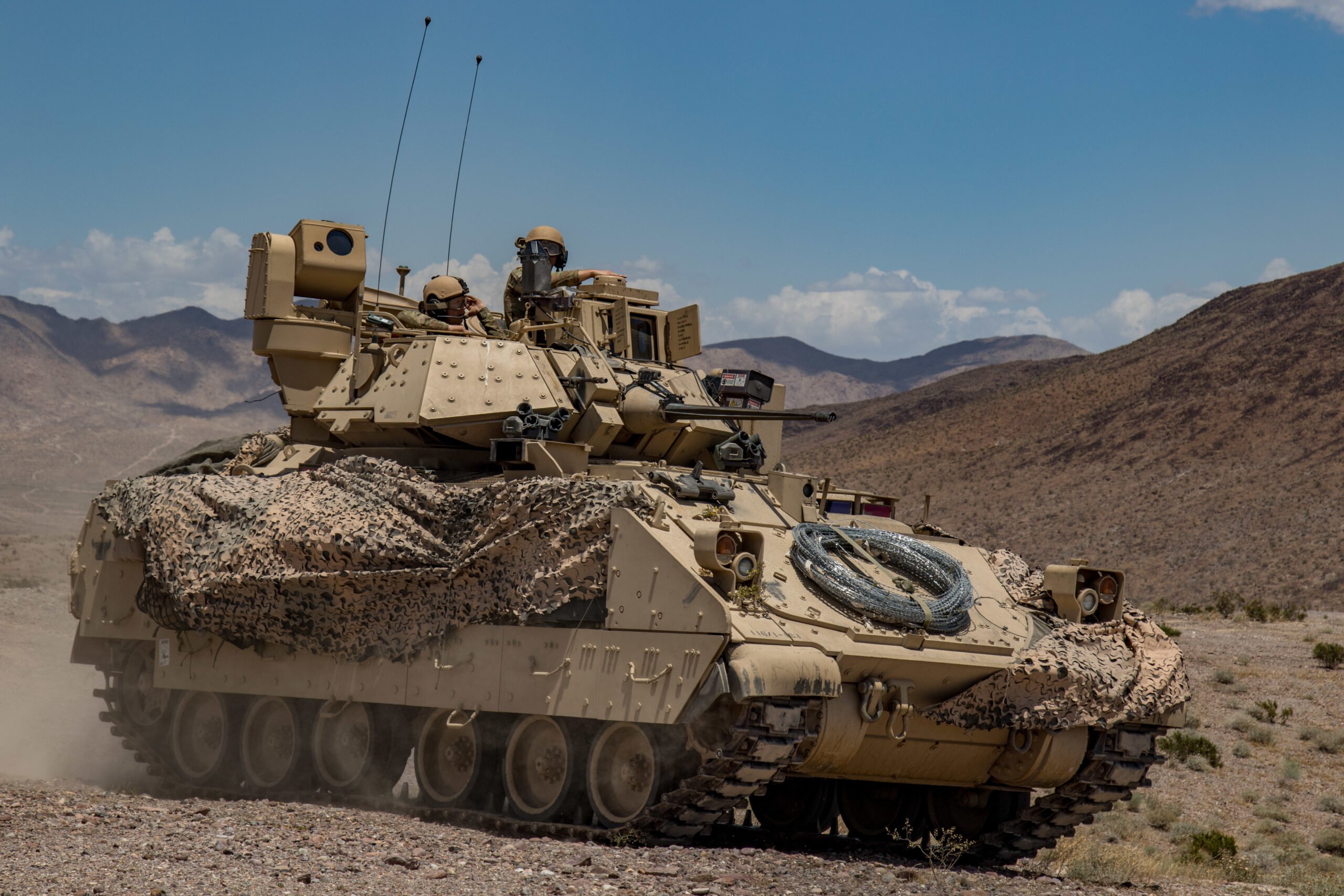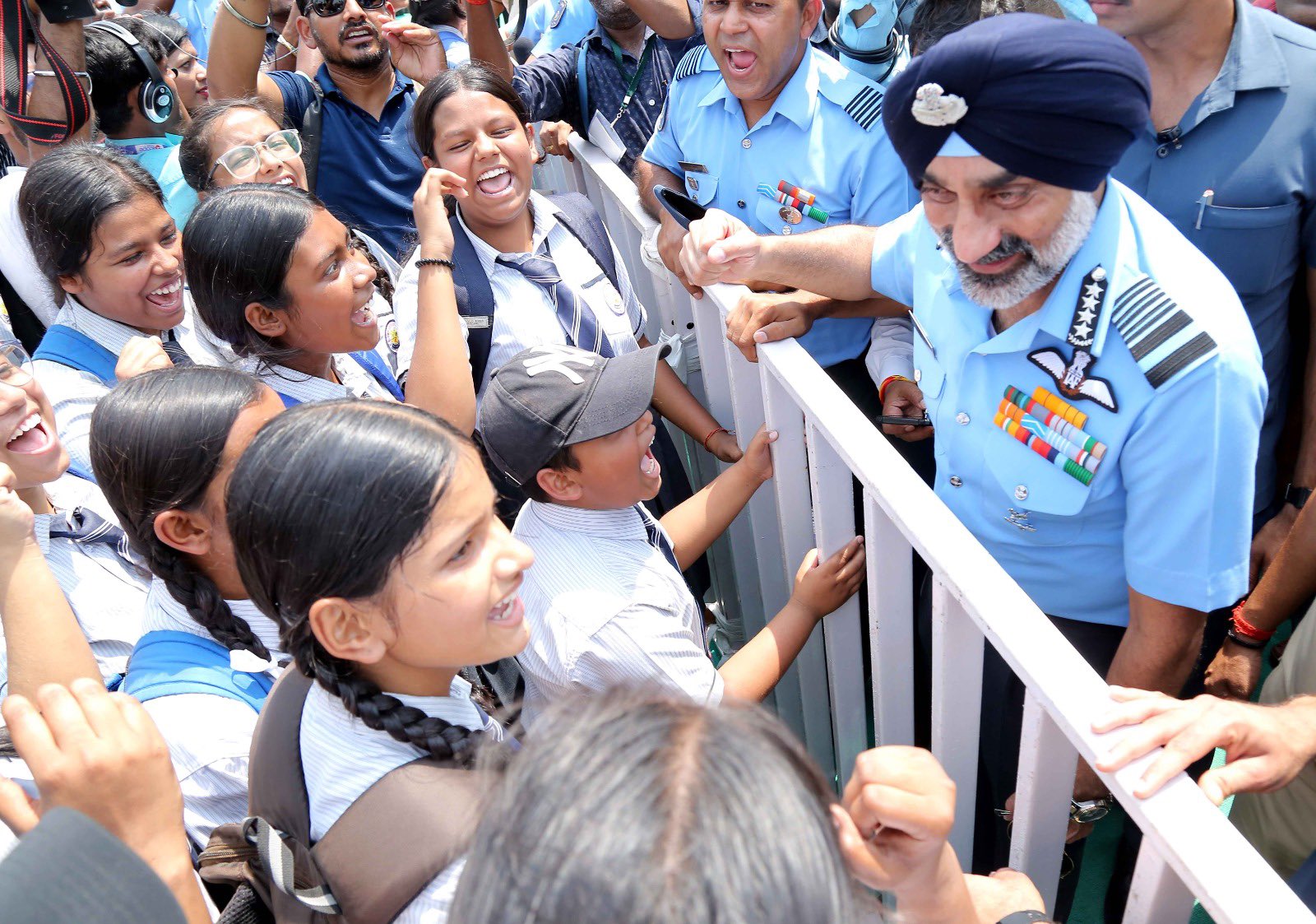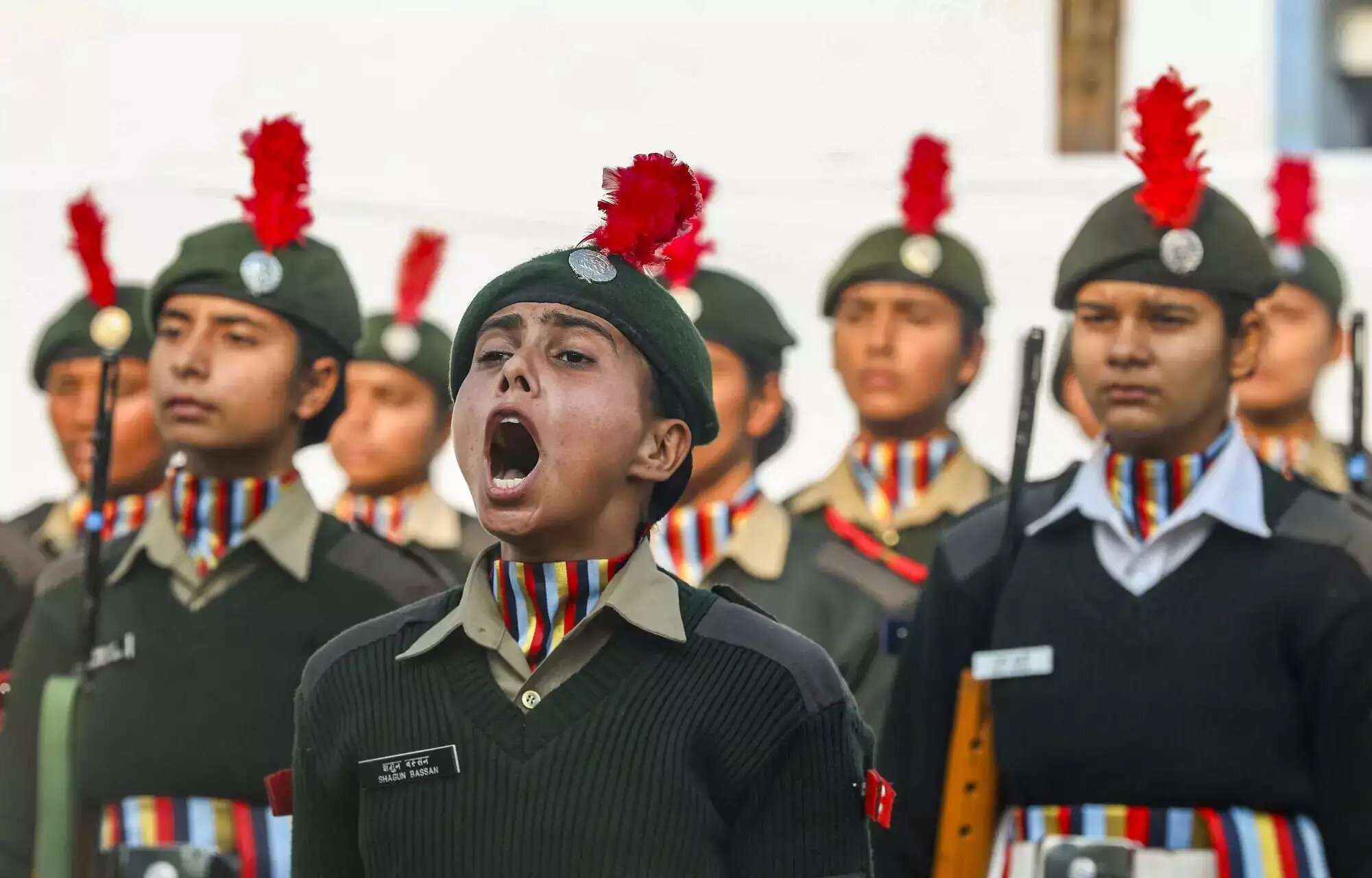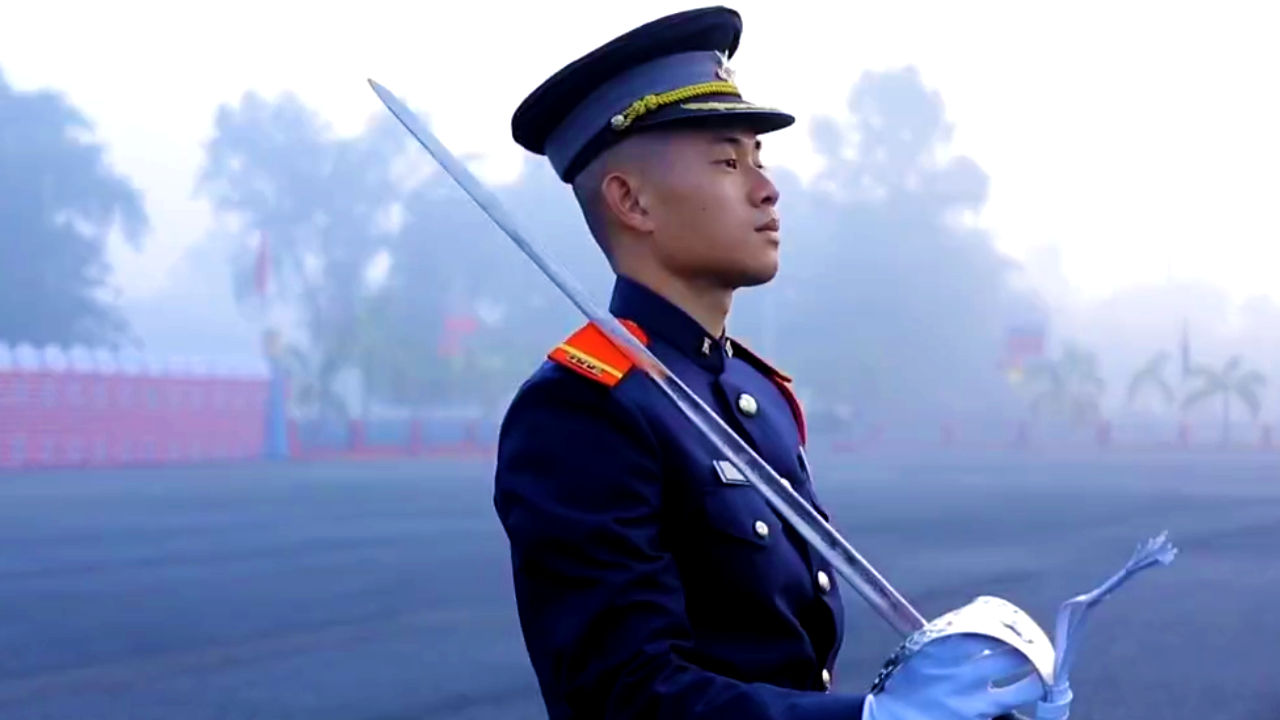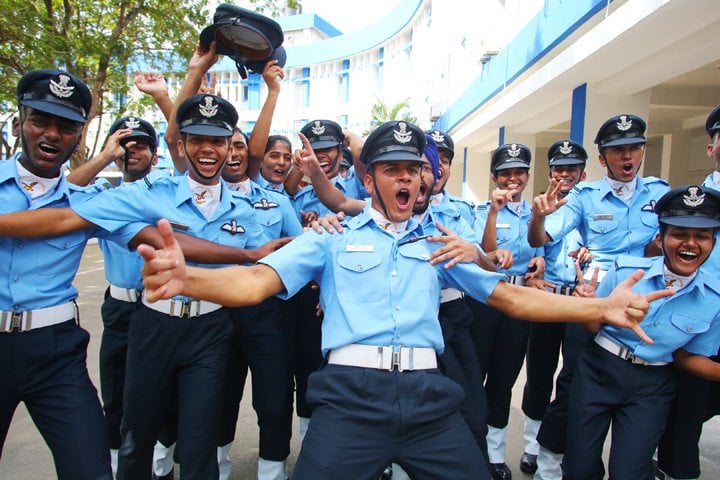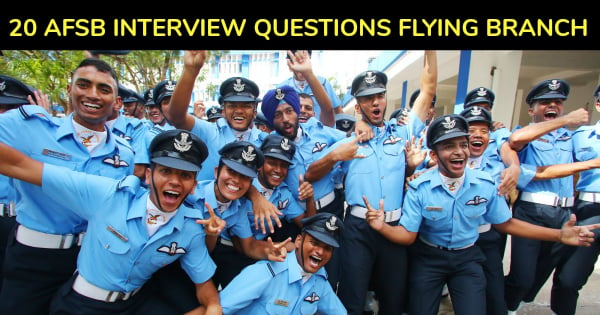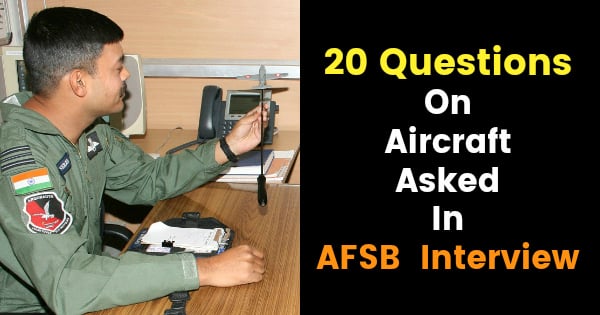Hezbollah Chief Naim Qassem has committed to collaborating closely with the Lebanese army to bolster the nation’s defense capabilities amidst the ongoing implementation of a ceasefire with Israel. This marks Qassem’s first public address since the ceasefire took effect on Wednesday, which aims for a mutual withdrawal of both Hezbollah and the Israeli military from southern Lebanon, allowing the Lebanese military to deploy in coordination with United Nations peacekeepers.
In his televised remarks, Qassem emphasized the importance of cooperation, stating, “We will work to… strengthen Lebanon’s defensive capacities.” He succeeded Hassan Nasrallah following the latter’s death in a significant Israeli airstrike in south Beirut in September. Qassem highlighted a strategic partnership between Hezbollah and the Lebanese army, asserting that the “coordination between the resistance and the Lebanese army will be at a high level to implement the commitments of the agreement.” He reassured that there are no expectations of conflicts or disagreements with the army.
Declaring a “great victory” against Israel, Qassem claimed that this achievement surpasses Hezbollah’s previous successes during the 2006 conflict. He claimed they thwarted attempts to eradicate Hezbollah and diminish the resistance’s strength. Qassem further affirmed that Hezbollah’s support for Palestine will persist through various avenues.
The ceasefire concluded a period of hostilities that escalated following Hamas’s unprecedented attack on Israel on October 7, 2023, leading to a low-intensity exchange of fire as Hezbollah expressed solidarity with their Palestinian counterparts. In response to increasing tensions, Israel intensified its military operations against Hezbollah, which included extensive airstrikes and ground troop deployments.
According to Lebanon’s health ministry, the conflict has resulted in at least 3,961 deaths within the country since October, with the majority occurring in recent weeks. On the Israeli side, the conflict has claimed the lives of at least 82 soldiers and 47 civilians.
Amid these developments, the Israeli military conducted strikes against a Hezbollah rocket launcher detected in southern Lebanon, identifying militant movements in the region. The Israeli military stated, “A short while ago, terrorist activity and movement of a Hezbollah portable rocket launcher were identified in southern Lebanon,” and confirmed the elimination of the threat with an airstrike.
Even with the ceasefire in place, Israel has pledged to continue addressing threats. The Israeli military imposed a nighttime curfew in southern Lebanon for a third consecutive day, strictly prohibiting residents from moving or traveling south of the Litani River during specified hours.
As part of the ceasefire agreement, Israeli forces will maintain their positions initially while the Lebanese military and security personnel begin deploying southward over the upcoming 60-day period. A U.S. official noted that following this period, Israel is expected to commence a phased withdrawal, ensuring no power vacuum arises that could be exploited by Hezbollah or other groups.

